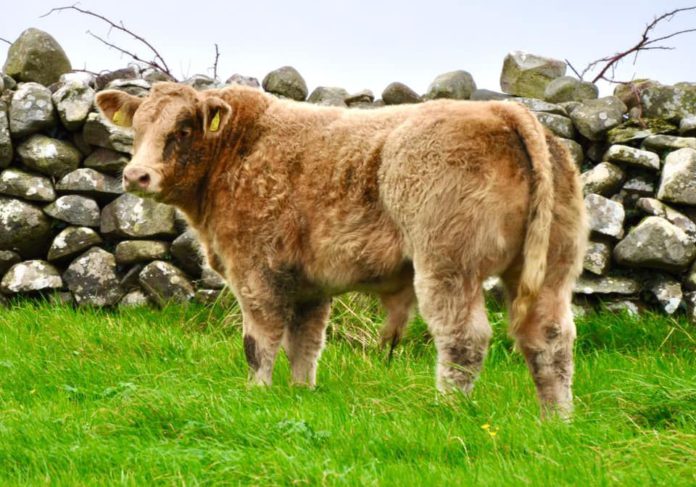In layman’s terms, biosecurity is simply preventing and controlling diseases.
Since many diseases spread through the movement of infected animals, you can reduce their spread and impact by curtailing the inward movement of animals, as Lawrence Gavey, biosecurity programme manager at AHI (Animal Health Ireland), recently highlighted in its bulletin.
Firstly, Gavey suggests, you can review whether you need to introduce animals at all. Can you manage with the stock you currently have, or use AI instead of live animals for new genetics?
“Keeping a closed herd (by never buying in, borrowing, renting any outside cattle, including bulls) is the best way to keep diseases out of your farm,” he remarked.
“If you do need to purchase, buy in as few animals and from as few herds as possible.”
“The risk of disease being introduced increases with more animals and from multiple sources.”
“Preferably buy direct from a farm rather than through the mart, to prevent exposure to infections at the venue or in shared transport vehicles,” he added.
“You can also select and purchase animals which are less likely to be infected (younger animals, non-pregnant, healthy on inspection, and test-negative for diseases of interest) and from herds that have good disease control practices on-farm.”
“You may need to ask challenging questions of an animal’s supplier, but the reduction in disease risk will be worthwhile.”
Reduce transport-related risks by sourcing from herds in proximity to your own herd and by using your own transport equipment, Gavey suggests.
Ensure the equipment is cleaned and disinfected before and after transporting animals.
“Quarantine bought-in animals immediately after arrival for at least four weeks before they are allowed to join your herd,” he advises.
“Quarantined animals should be completely isolated (no nose-to-nose contact or sharing of sheds) from the rest of your herd.”
During the quarantine period:
- Monitor for disease and investigate as appropriate;
- Vaccinate and dose animals as you would your own animals;
- Test for specific diseases of importance;
- Implement quarantine on an ‘all-in-all-out’ basis and clean facilities between batches to isolate new infection;
- Use handling facilities, utensils and personnel for quarantined animals separate from others and if sharing is unavoidable, clean and disinfect between uses;
- Do not spread slurry from the quarantine area on grazing ground;
- Protect the welfare of your animals and your profit through strategic implementation of biosecurity.
“If some of these suggestions are too challenging, start small and build confidence towards a sound biosecurity approach.
“Talk to your veterinary practitioner or access Animal Health Ireland’s biosecurity leaflets,” he added.
Previous farming news articles on That’s Farming:





